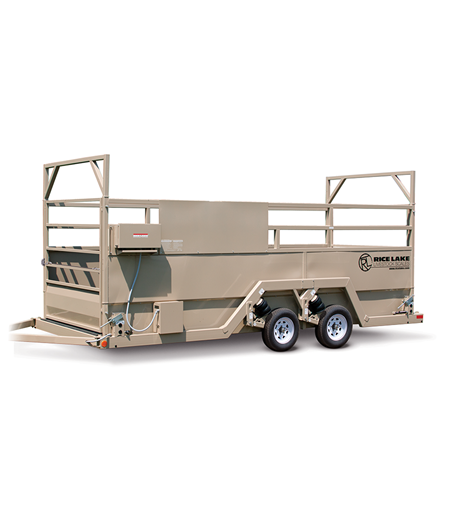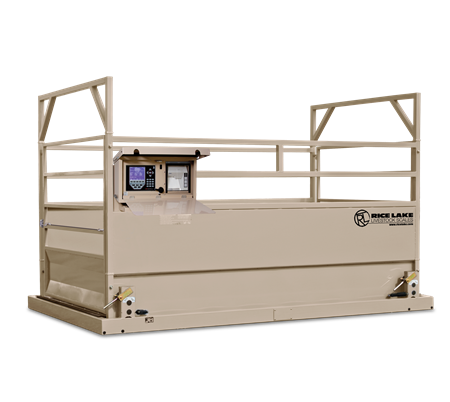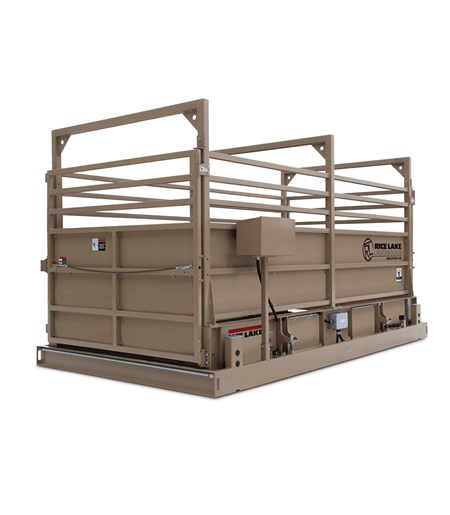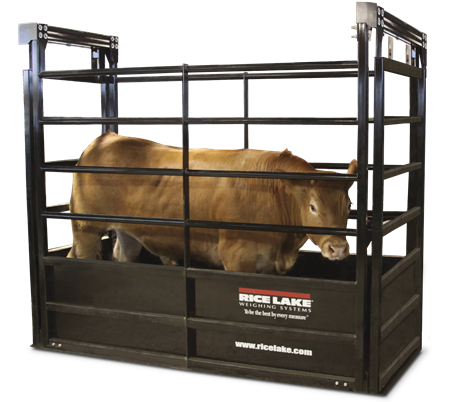Is the website displaying in the correct language? Please confirm or select a different language.
Your region has been set automatically. Please confirm or select a different region.
5 Factors to Consider when Purchasing a Livestock Scale
Things to Consider When Purchasing a Livestock Scale
Weighing livestock is essential for farmers and ranchers. There are many types of livestock scales to consider and they vary based on the application requirements. Whether it is to sell your cattle or simply care for your animals’ welfare, it can be very difficult to know what kind of scale best fits your needs.
1. Shrink Loss
Whether you are selling hogs, cattle or other livestock, minimizing shrink is a major factor in stretching profit. When transporting livestock, you have to consider the amount of weight the animal will lose on their way to the destination. Depending on the distance, weather, stress and other factors, shrink can be anywhere from 7-8% when transported to an offsite scale. The ability to bring the scale to the animals helps ensure maximum profitability on any transaction.
2. Mobility
Depending on your weighing needs, you should consider whether a mobile, portable or stationary scale is necessary. A mobile livestock scale with wheels is an efficient way to transport it to your livestock by simply attaching it to the hitch of a vehicle. There are also lower cost, portable livestock scale options that can be put on a trailer and then transported to the livestock. A stationary livestock is usually permanently installed on a concrete platform and is efficient for weighing animals right at a central location.
3. Scale Size
Livestock scales come in different sizes and shapes. Some scales are big enough for multiple animals and some are only used for a single animal. It is important to consider the space for your livestock as well as the scale capacity. A single animal scale can be beneficial for weighing livestock being medically evaluated. A multiple animal scale can be used to quickly weigh a large portion of the herd before being sold.
4. Certifications and Regulations
Whether you are weighing livestock for selling or monitoring heard health, it is important to know which approvals you may need. To legally sell livestock, the scale needs to be Legal for Trade. To be considered Legal for Trade, the scale platform must have a National Type Evaluation Program (NTEP) Certification or Measurement Canada Approval. If a scale is only being used to monitor the health of the livestock, then Legal for Trade may not be needed.
5. Animal Welfare
Having a scale on site is beneficial for the general welfare of the livestock. On-site scales help you monitor abnormalities in weight and help determine if medication is needed. When an animal is sick, the vet can visit and you can provide accurate weight. This puts less stress on the animals by avoiding excess travel.
Rice Lake Weighing Systems offers several different livestock scales to fit your weighing needs. Consult with Rice Lake livestock experts to help you find the ideal livestock scale for your needs.



 My Account
My Account




